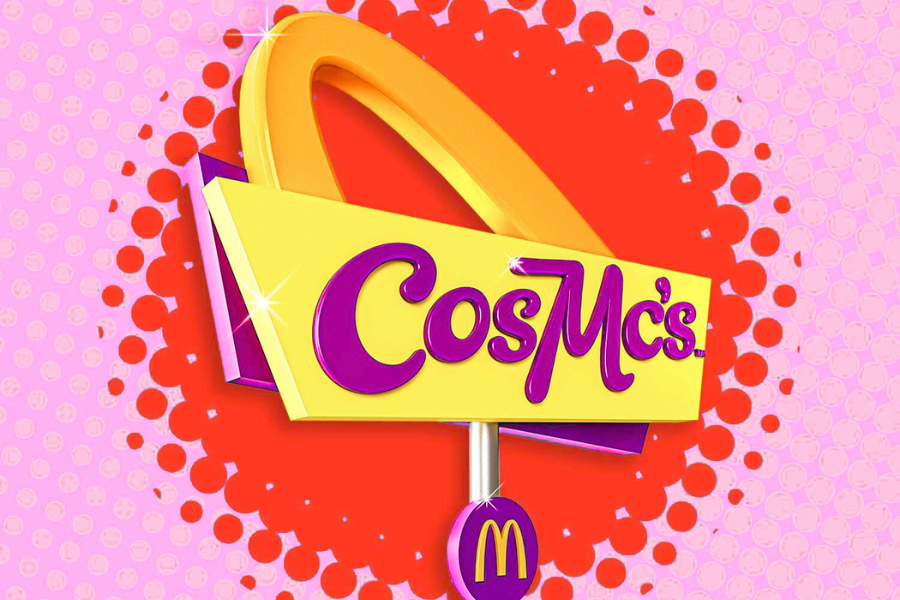Amidst the civil unrest and widespread protesting occurring within the last few months, Netflix released a film set in the late ’60s that almost mirrors the current political situation in the present day. Protestors in the street demanding change, stoic standoffs between civilian and law enforcement and an impending presidential election all contribute to the historical summer of 1968, which seems eerily similar to the summer of 2020. Perhaps this resemblance is why “The Trial of the Chicago 7” rose to the top of Netflix’s rankings and received overwhelmingly positive reviews. Complete with a star-studded cast and a dynamic director at the helm, this film comes off as an emotional drama that acts as a perfect testament to the events unfolding today.
Renowned screenwriter Aaron Sorkin wrote and directed this film, and it’s evident that it’s one of his best works yet. Sorkin’s work is most noted for the powerful monologues and dialogue-heavy scenes at the heart of his films, most palpable in movies like “A Few Good Men” and “To Kill A Mockingbird.” “The Trial of the Chicago 7” is no different, as the conflict takes place within a court where seven men stand trial. It’s the perfect premise for Sorkin’s specialty of powerful monologues, and he does not disappoint. Told through flashback scenes between the trial and the events leading up to it, each scene is injected with heavy dialogue and unnecessarily long discourses, which can be perceived as boring and tedious to viewers who prefer more action-packed films. But this film benefits from having a dynamic cast ranging in personas that make each and every scene a flurry of contrasting personalities, which helps carry the extensive dialogue.
What’s most interesting is that the main character, Abbie Hoffman, is played by Sacha Cohen Baron, who’s regarded as one of the best comedic actors in the past few decades, known for his iconic roles in films like “Borat” and “The Dictator.” However, Baron steps into the dramatic and emotional-ridden role of Abbie Hoffman almost seamlessly, and his charisma as both actor and character shine through. Baron has perfect screen chemistry with Jeremy Strong, who plays Hoffman’s partner-in-crime, Jerry Rubin. The pair excel in their roles, which may be the most surprising part as many expected the other big-name actors in this film to be the true stars. Eddie Redmayne, probably the most well-known actor in this film, struggles in his role as Tom Hayden as he’s unable to breathe life into his character. Hayden comes off as one-sided and not complex, a stark contrast to the other characters in this film. While Redmayne was able to mask his English accent better than Baron, it’s clear who the film revolves around and where the desperately needed energy is coming from.
However, this film isn’t just about documenting the civil unrest in Chicago during the 1968 Democratic National Convention; It’s about making a statement to today’s social climate of protesting, conflict with law enforcement and the demand for political change. Joseph Gordon-Levitt plays Assistant U.S. attorney, Richard Shultz, whose character is the resemblance of the American government’s attitude towards protestors, both in 1968 and in 2020. Schultz’s job is to prove that all the protestors are essentially the same, no matter their situation, their reason and their method of protest. While it’s unmistakably apparent that the seven defendants are very different in nature, and that their individual experiences are not cut from the same narrative, Schultz’s argument is a reflection of the attitude Americans have had against protestors for the past few decades. This is Sorkin’s main argument in the film: society tends to categorize a larger collective deemed as the enemy while refusing to acknowledge their differences and how we attribute the rogue actions of a few to that larger collective, many of which are innocent.
Sorkin’s message within this film reminds audiences what movies are all about: telling stories of underrepresented voices and criticizing the narrative we create in our modern society and culture. Despite the few flaws “The Trial of the Chicago 7” has, it’s a beautiful and captivating documentation of the historical events and trial that occurred half a century ago, and a cinematic testament to the idea that the simple truth can be weaponized. Baron’s acting is impeccable, the divergence of personalities within the trial is captivating, and the whole theme of civil unrest and political protest give this film a paramount meaning in our modern moments.
Rating: A






















